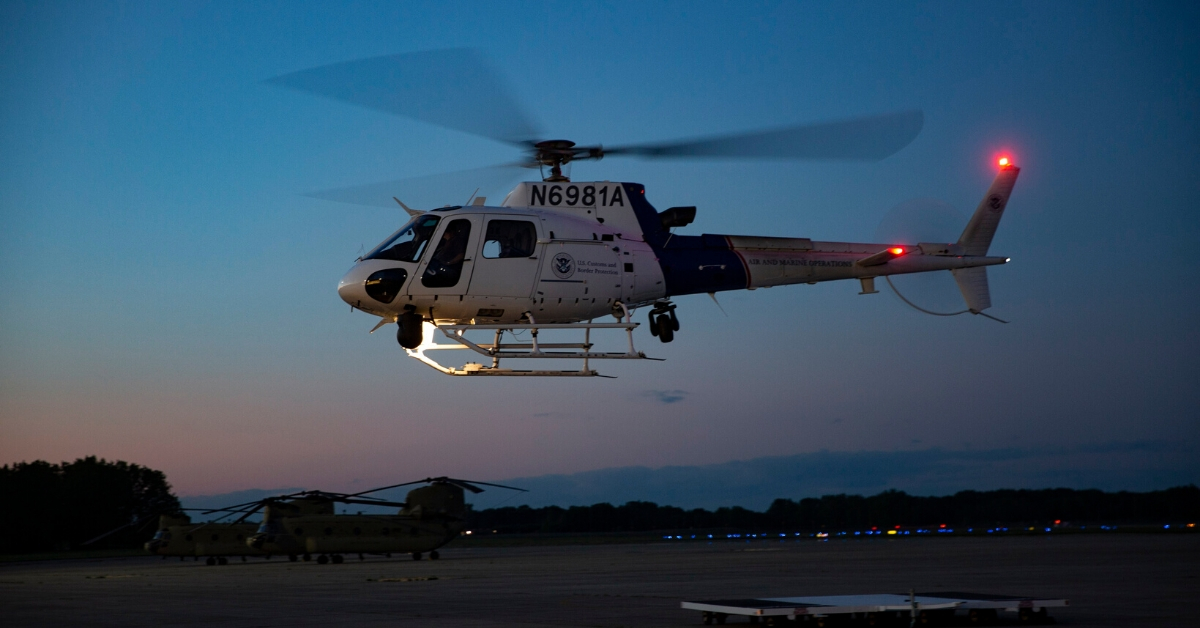
Editor’s note: The US Region of the Missionary Society of St. Columban stands in solidarity with the victims of racial violence. There is no place for this in our nation, especially violence by white police officers against African Americans, or for the systemic racism that fuels it.
As Catholic missionaries who have a long history of working in cross-cultural settings around the world, we have seen how police and military violence are used to terrorize communities of color. We’ve seen over and over again how military might and unjust systems erode a culture of peace.
We are alarmed at the mobilization of military and law enforcement forces to quell the protests responding to the recent killing of George Floyd in Minneapolis, MN. In the Columban experience, militarism does not bring security, but creates division, furthers oppression, and promotes a culture of violence. Unrest is only solved by uprooting injustice and bringing about reconciliation.
Columban missionaries who have experience ministering in countries during times of violence, upheaval, and oppression have written reflections connecting the dots between their experiences and what is happening right now in the United States.
What follows is a reflection from Fr. Bob Mosher, who spent nearly 30 years in pastoral work in working-class areas of Santiago, Chile. Part of this time was during the dictatorship of Augusto Pinochet. He now serves as the Director of the Columban Mission Center in El Paso, TX where he has witnessed first-hand the increasing militarization of the US/MX border.
I think about the Columban history in Chile whenever I hear a helicopter overhead. I read about the Black Hawk helicopter that was used to disperse demonstrators recently in the area neat the White House, and I remembered how any noise of a helicopter would create fear and send us all running during the Chilean nation-wide protests of 1983, protests that grew increasingly larger on the 11th of each month as we approached the 10th anniversary of the September 11th, 1973 military coup that overthrew the democratically-elected government of Salvador Allende.
Police would shine a spotlight from the helicopters to track down demonstrators and shoot at them at night. Now, in El Paso, helicopters flown by the CBP, and also Black Hawks flown by the U.S. Army at nearby Fort Bliss, often cross over the Columban Mission Center's downtown neighborhood, near the US/Mexico border, very slowly and hovering over certain spots, low over the buildings, as if searching for immigrants who may enter the US without documentation, and trying to avoid detection. As in Chile in 1983, helicopters create a deep uneasiness and a constant reminder of the militarization at the border, making us feel like prisoners in our own city, watched and threatened.
Some years after the Pinochet dictatorship ended in 1990, the Chilean Army finally admitted that a special squadron of their helicopters were used to dispose of the bodies of those they had tortured and killed in the early years of the military regime, some 400 to 500 prisoners between 1973 and 1975. The bodies were tied with barbed wire to sections of rails from railroads so that the bodies would sink in the ocean. When I notice how some helicopters flying over El Paso at night turn off all their lights while hovering overhead, although still barely visible as dark patches in the starry sky, I think back to those days. It makes me wonder what they are up to.
There were many bishops and priests, sisters and lay leaders who would join the huge demonstrations against the Chilean dictatorship, giving them support by their presence. I personally would be followed by spies of the secret police, the CNI (Central Nacional de Informaciones), who would try to engage me in friendly conversations and find out more about me, although I usually made sure that I would attend with a group of friends or parish communities, and stay with them. Sometimes the police would deliberately target religious groups and people and arrest them, holding them until the next shift at the police stations, so we would remain there for hours and hours, and finally released at midnight. Back in the US, our police these days seem to be targeting certain groups of demonstrating clergy as well as journalists in the same, selective way, as if the authorities wanted to send a message to our faith communities and news organizations.
To learn more about the Missionary Society of St. Columban’s perspective on militarism, please read our statement here.
Copyright © 2025 Columban Center for Advocacy and Outreach, Washington, D.C.